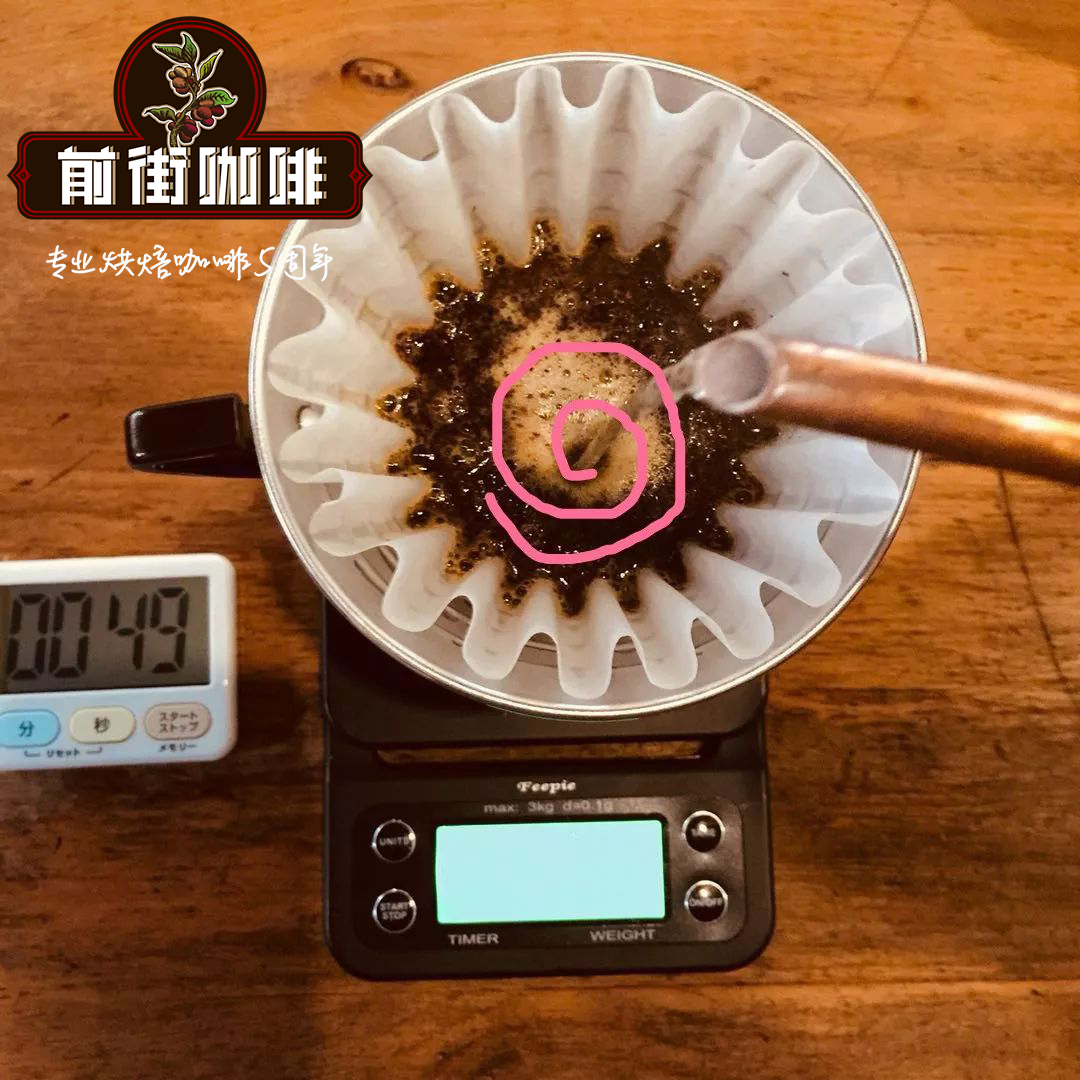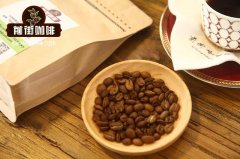Yemen Mocha also how to brew mocha coffee beans _ video of how to drink mocha coffee beans

Professional coffee knowledge exchange more coffee bean information please follow the coffee workshop (Wechat official account cafe_style)
For lovers who dabble in coffee slightly, when it comes to Yemeni coffee, it is easy to think of "mocha coffee beans".
Yemen has a long history of growing coffee. By the early 17th century, Yemeni coffee beans began to be exported to Europe from the southwestern port of Mocha. Europeans called the coffee beans shipped from the port of Mocha "mocha coffee". Ethiopia, which is across the red sea from Yemen, later used the port of Mocha to export coffee beans, so that coffee beans treated in the sun in Ethiopia are often regarded as mochas.
Yemeni coffee is still grown in much the same way as it was five hundred years ago, almost all on mountain slopes as high as 3000 to 7000 feet. Due to the lack of rainfall, it is necessary to rely on the strong water retention capacity of coffee trees to survive the dry period. The bad growth conditions make the coffee beans smaller, but the hardness is quite high. The varieties of Yemeni coffee are also quite complex, including adzuki bean Ismaili and the ancient heirloom, as well as Adeni and Mattari.
Yemeni coffee is a kind of sun treatment, where the fruits are usually exposed to the sun on the courtyard or roof after harvest, and some of them are even harvested after being dried directly on the trees (this method is called floating).
Dried fruit must be ground and shelled. Today, Yemen still retains the ancient way of shelling stone, which is pulled by camels or donkeys.
There are many coffee producing areas in Yemen, and Mattari in Bani Matar (Bany Mattar) province is the most famous, and it is also the highest quality coffee exported in Yemen.
In the early days, the port of Mocha, which was heavily responsible for export, had many names and spellings, such as Mocha, Mokka, Moca, Moka, Al-Mocha, Al-Makha. Wait. The port of Mocha was later abandoned due to siltation and is now exported from the eastern port of Aden and the northern port of Hedda (Hodeida).
Yemeni mocha coffee beans (Yemen Mocha)
Yemen, located by the Red Sea, is an ancient Arab country. Since ancient times, Yemeni coffee has been grown by itself, and the whole process of cultivation and treatment depends entirely on manual work. Coffee beans are naturally dried in the sun, and the beans are small and strong. Originated from the Yemeni city of Muke, so Yemeni coffee is mocha coffee. Yemeni coffee is a traditional high-quality coffee with a special clear taste, with a hint of wine flavor and natural sour taste. We choose Mattari No.9, which is recognized as the best, with rich texture, excellent meek taste, fruit-like sweet smell, and enjoy with you.
Origin: Matali (Mattari) producing area of Bany Matar province in northern Yemen < Yemen is a South-West Asian country. >
Height: 1000-3000 m
Quality: 100% Arabica beans, Mattari No.9, extremely high quality, traditional taste, mild beans, aroma glycol, slightly sour
More information on raw beans: beans originated in Ethiopia. Drying treatment, solarization, manual removal of skin
Yemeni mocha coffee bean brand recommendation
The Yemeni mocha beans baked in Qianjie Coffee are fully guaranteed in terms of brand and quality. And more importantly, the performance-to-price ratio is extremely high, each pack of 227 grams, the price is only about 85 yuan. According to the calculation of 15 grams of coffee beans per cup of coffee, a bag of coffee can make 15 cups of coffee, which costs only about 6 yuan per cup, which is recommended by conscience compared to the price of tens of yuan a cup sold in a coffee shop.
Qianjie coffee: Guangzhou bakery, the store is small but a variety of beans, you can find a variety of unknown beans, but also provide online store services. Https://shop104210103.taobao.com
Important Notice :
前街咖啡 FrontStreet Coffee has moved to new addredd:
FrontStreet Coffee Address: 315,Donghua East Road,GuangZhou
Tel:020 38364473
- Prev

Characteristics of single mocha coffee beans _ how to buy mocha coffee beans _ is mocha coffee good?
Professional coffee knowledge exchange more coffee bean information please follow the coffee workshop (Wechat official account cafe_style) Yemeni mocha Coffee is a terraced place with an elevation of about 1000m~1300m in the interior of Yemen, of all the producing areas, it is also the most famous for its BANI-MATAR and HAYMI areas, which are descendants of Arabic language rain. Because Rain Water of this area
- Next

Which coffee beans are suitable for mocha _ mocha coffee bean picture analysis _ caffeine content of mocha coffee
Professional coffee knowledge exchange more coffee bean information please follow the coffee workshop (Wechat official account cafe_style) Yemeni mocha coffee beans Shananani Yemen Mocha Shannani Sanani mentioned Yemeni and Ethiopian coffee beans, many people will think of mocha (Mocca,Mocha,Moka,Mokha,Mokka any you can see, pronounced mocha spelling, actually
Related
- Detailed explanation of Jadeite planting Land in Panamanian Jadeite Manor introduction to the grading system of Jadeite competitive bidding, Red bid, Green bid and Rose Summer
- Story of Coffee planting in Brenka region of Costa Rica Stonehenge Manor anaerobic heavy honey treatment of flavor mouth
- What's on the barrel of Blue Mountain Coffee beans?
- Can American coffee also pull flowers? How to use hot American style to pull out a good-looking pattern?
- Can you make a cold extract with coffee beans? What is the right proportion for cold-extracted coffee formula?
- Indonesian PWN Gold Mandrine Coffee Origin Features Flavor How to Chong? Mandolin coffee is American.
- A brief introduction to the flavor characteristics of Brazilian yellow bourbon coffee beans
- What is the effect of different water quality on the flavor of cold-extracted coffee? What kind of water is best for brewing coffee?
- Why do you think of Rose Summer whenever you mention Panamanian coffee?
- Introduction to the characteristics of authentic blue mountain coffee bean producing areas? What is the CIB Coffee Authority in Jamaica?

